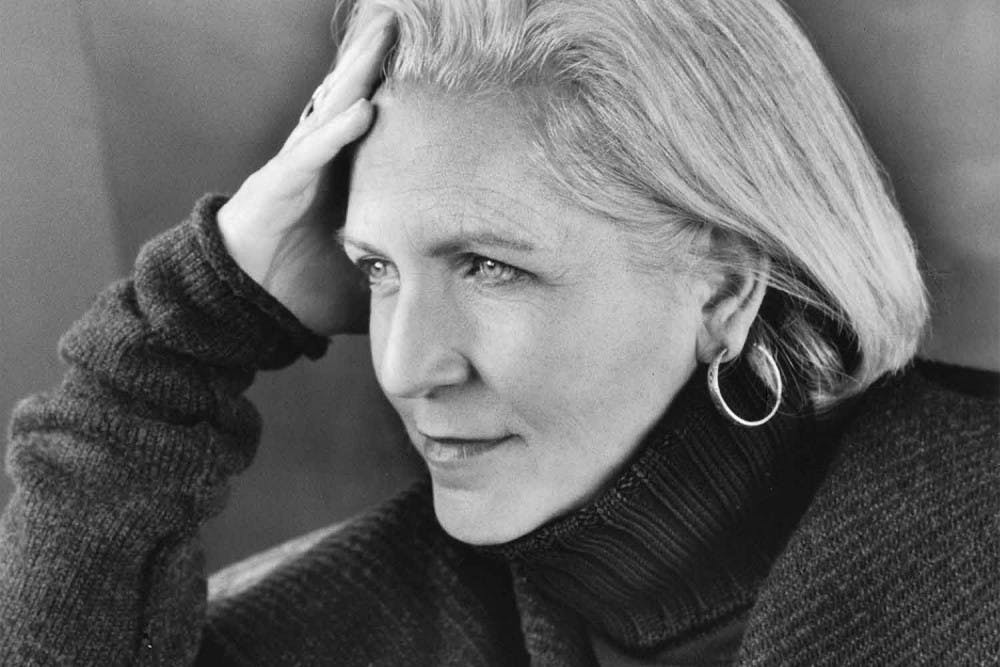She took her red pen and drew three lines in the corner.
“Between you and me,” her grandmother said, “That says I love you.”
That book, coupled with her grandmother’s sentiment, sparked a lifelong interest in nature for Williams, UNC’s 2015 distinguished writer-in-residence, who will be participating in two panels and a reading this week.
Having grown up in Utah, Williams’ writing is based on her experience with nature and landscape in the West.
She just completed a book on America’s natural parks and the idea of public lands.
“Living in Utah, we have five national parks and five national monuments,” she said. “All of them are under threat by oil and gas development.”
Williams has written about everything from women’s issues to issues of voice and finding beauty in a broken world.
Williams said she explored the topic of voice in her most recent book, “When Women Were Birds,” after her mother died of ovarian cancer. Soon after her mother’s death, Williams read journals her mother had left behind to her — all of which were blank.




